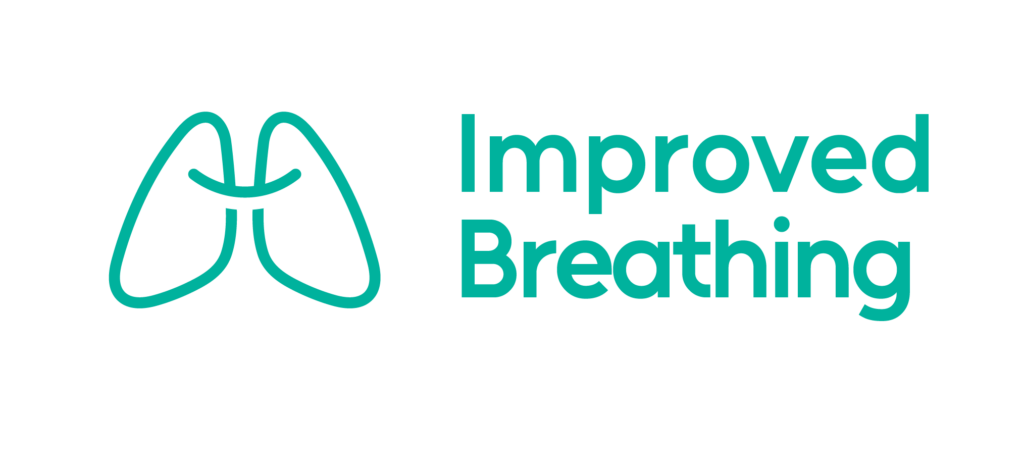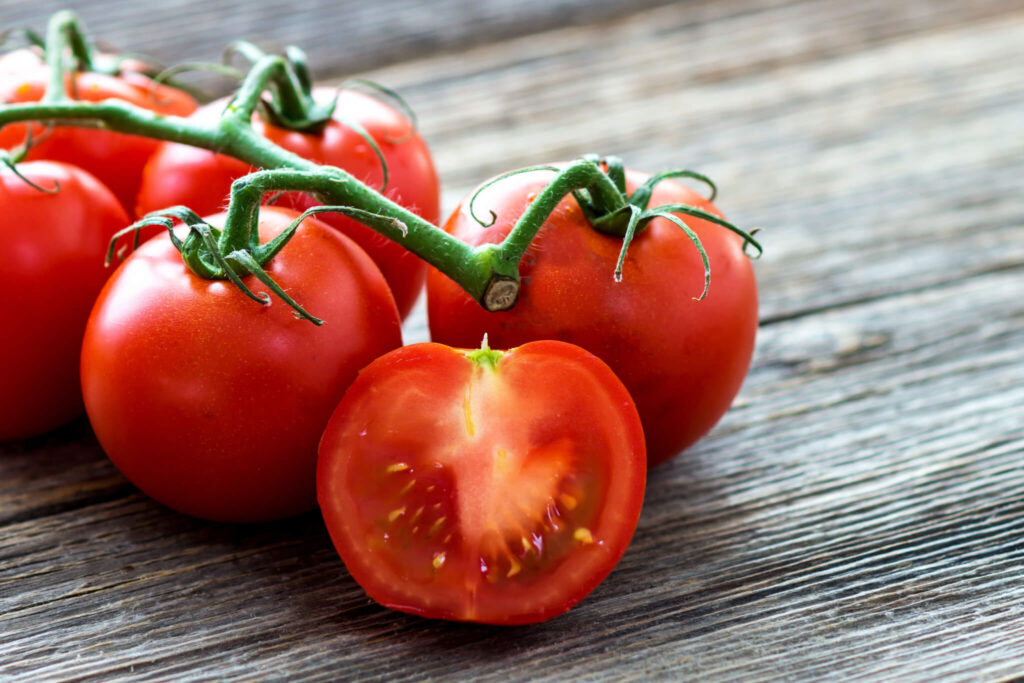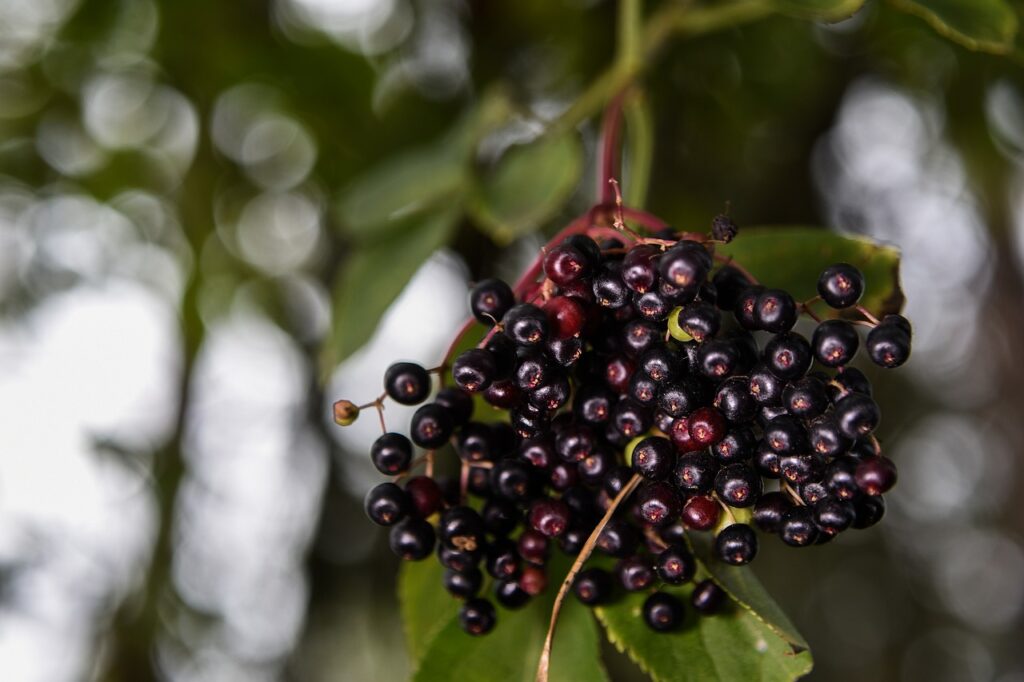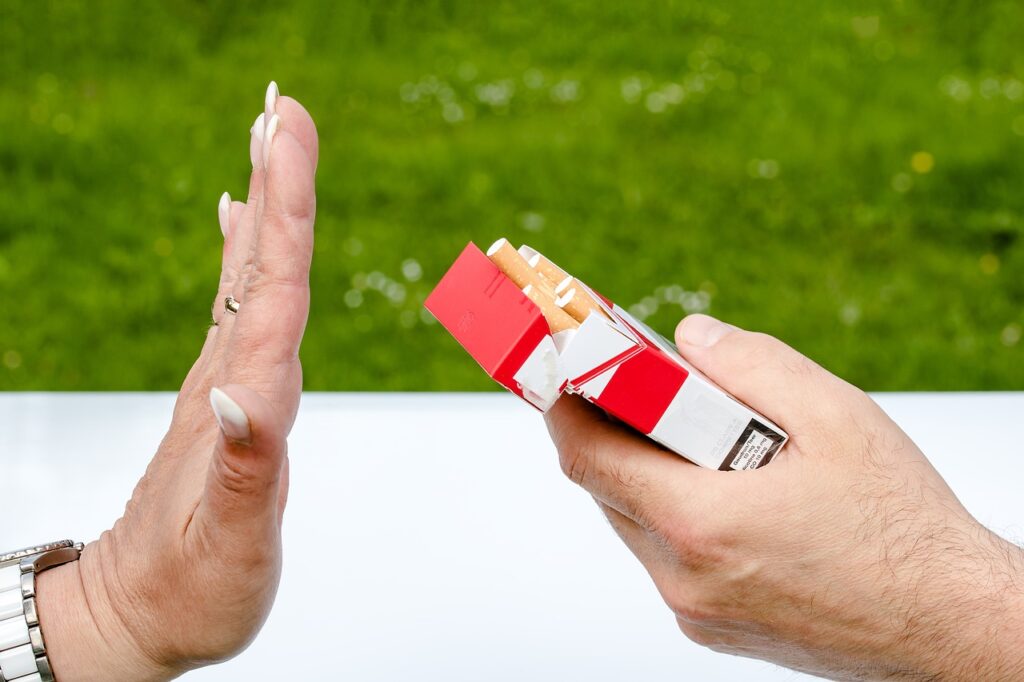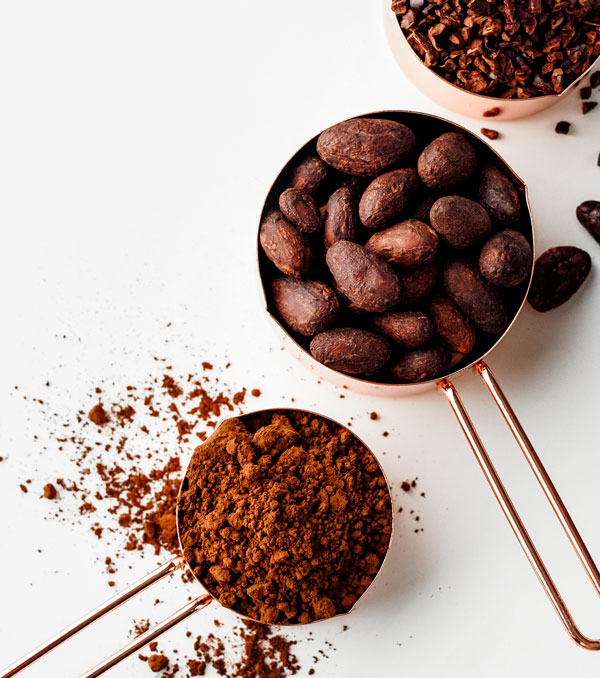Nightshade vegetables are notoriously mysterious. And if you’re served anything from the nightshade vegetable list, you have good reason to be wary. Nightshade vegetables can be dangerous to your health. That’s why the term “nightshades” is so apropos. The label implies danger. Foods on the nightshades vegetable list might appear harmless, but some could cause serious health concerns. Did you know foods on the nightshades vegetable list might contribute to the following health issues?
- Digestive issues
- Dry mouth
- Confusion,
- Vomiting
- Visual disturbances1
Foods On The Nightshade Vegetables List And Where They Come From
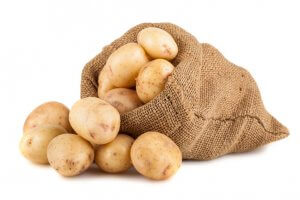
While you’ll find all sorts of potatoes, tomatoes, and other members of the Solanaceae (aka nightshade) family all over the world, nightshade vegetables are most abundant in tropical climates like that of Latin America. Approximately 50 species of nightshade plants can be found right here in North America.1
Nightshades get their name from the toxic alkaloids found in several of the species.
Now, alkaloids can have certain drug-like effects on people.2 And one of the more well-known toxic alkaloids is nicotine. So you can see why the toxic alkaloids in the foods on this nightshade vegetable list could inspire people throughout history to consider these as evil plants.3
Are You Sensitive to Nightshade Vegetables?
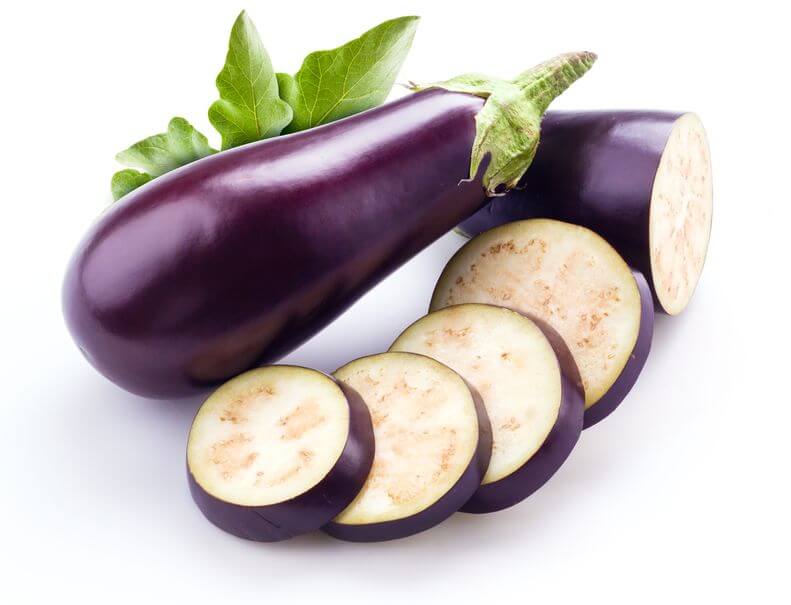
There’s really only one way to answer that question. You’ve simply got to remove nightshades from your diet and see if you feel better. So, let’s dig deeper and discover exactly what nightshades are and how they might affect your health.
The Culprits: Foods on the Nightshade List
- Eggplant (Fruit)
- Tomatoes (Fruit)
- Tomatillo (Fruit)
- Potatoes (Vegetable)
- Goji Berries (Fruit)
- Pimentos (Fruit)
- Peppers (Bell, Chili, Paprika, Cayenne) (Fruit)
- Tobacco (Leaf)4
Part of the problem when it comes to nightshades are the natural pesticides found within each plant. These are called glycoalkaloids — and much like lectins, they’re there as a plant’s first line of defense against bugs, viruses, bacteria, animals, and even humans.
In fact, in some cases, glycoalkaloids may cause digestive issues like vomiting, diarrhea, and severe abdominal pain.5
How Do These Toxic Compounds Work Exactly?
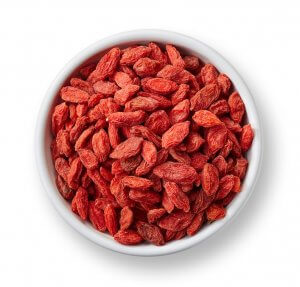
Well, they grip onto cholesterol in your body’s cell membranes. Now, the cholesterol is there to strengthen your cell membranes so they’re less permeable to molecules that may want to pass through and cause damage to the cell.
Without cholesterol, your cell membranes wouldn’t be strong enough to keep out these molecules. It’s the perfect place for glycoalkaloids to strike because once the cholesterol is attacked, your cells could split or leak.6 This can lead to some tough health issues.
Again, the job of glycoalkaloids is to damage your cell membranes.
One of the things to note about glycoalkaloid toxins is that they take your body a long time to process — more than a day in some cases.7 So, if you’re scarfing potatoes (or even “healthy” eggplant) every day, you could end accumulating a hefty helping of this natural toxin.
Are Carrots And Onions Nightshade Vegetables?
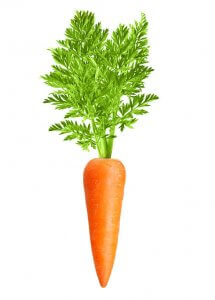
As mentioned above, plants in the Solanaceae family are referred to as nightshades. However, onions are not in the nightshade family. Onions are members of the Liliaceae family. In fact, red and yellow onions are actually varieties of the exact same species: Allium cepa. Carrots are not on the Nightshades vegetable list either. If a recipe calls for the use of peppers, or other nightshade vegetables, try using raw carrots or onions instead.
Are Broccoli And Beets Nightshade Vegetables?
Contrary to popular belief, beets are not on the nightshade vegetable list. Beets belong to the Goosefoot family. Other non-nightshade vegetables in the goosefoot family are spinach and Swiss chard.
Nightshade Vegetables List (Fruits And Leaves Are On It Too)
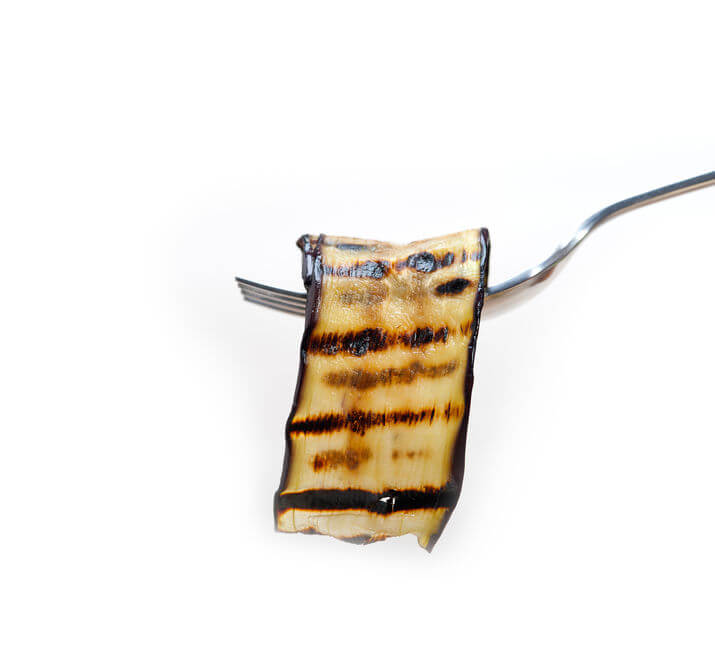
Since you now know a bit more about nightshades, let’s go through some of those on the nightshade vegetable list one by one and see what there is to uncover about how potatoes, tomatoes, and their friends can potentially wreak havoc on your system.
1. The Eggplant
Years and years ago, when Europeans came across the eggplant for the first time, they dubbed it “mala insane” — which means mad apple. They surmised the eggplant was part of a species of poisonous plants.
Today, it’s known that eggplants produce two different glycoalkaloids — alpha-solamargine and alpha-solasonine.
These potent glycoalkaloids can be found throughout the eggplant — including in the peel, seeds, and meat. The thing is, eggplant (aka Solanum melongena L.) glycoalkaloids are toxic organic compounds. In two types of Iranian eggplants, a number of arsenic and strychnine-like effects on human health have been recorded, including GI disorders and confusion.8
If you must indulge in eggplant, moderate your portion size, and limit the frequency with which you eat it. And make sure to peel it, de-seed it, and pressure cooking to remove as many of those dangerous compounds as possible.
And, depending on your health, it could be best to talk with your doctor about glycoalkaloids and eggplant consumption and how they might affect your digestive issues.
2. The Tomato
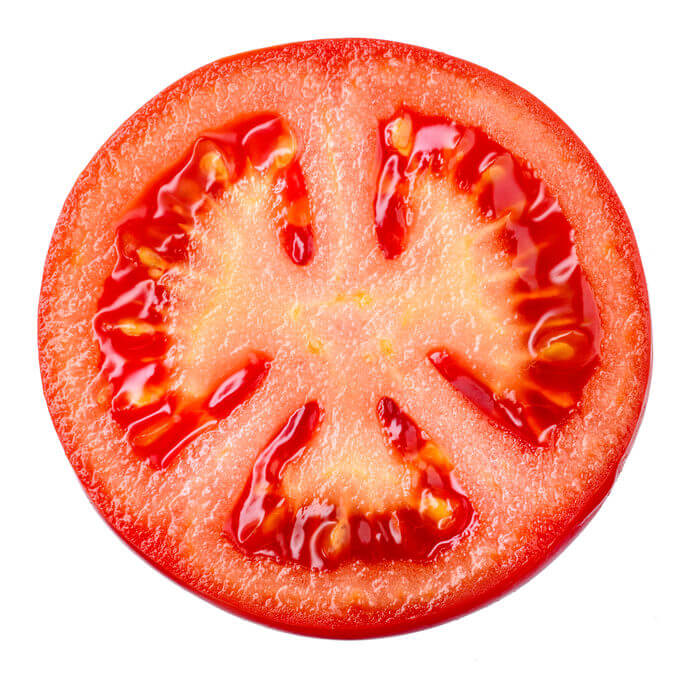
When it comes to tomatoes, you’ll find two types of glycoalkaloids — alpha-tomatine and dehydrotomatine. But, tomatine is a compound that actually includes both tomato glycoalkaloids. Interestingly, you can find tomatine throughout the entire tomato.
Now, tomatine content changes due to the maturity of the plant. For instance, an immature green tomato could consist of approximately 500 mg/kg of tomatine, while red, riper tomatoes might only have about 5 mg/kg of the glycoalkaloid.9
According to the U.S. National Library of Medicine, the following symptoms may occur when you come into too much contact with tomatine:
- Swelling
- Redness
- Pain at mucous membranes
- Coughing/wheezing
- Symptoms akin to leaky gut, like nausea, vomiting, and diarrhea10
Again, these potential effects are dependent on how much tomatine you might come into contact with and how sensitive you may be to tomatine, but better safe than sorry.
3. The Potato
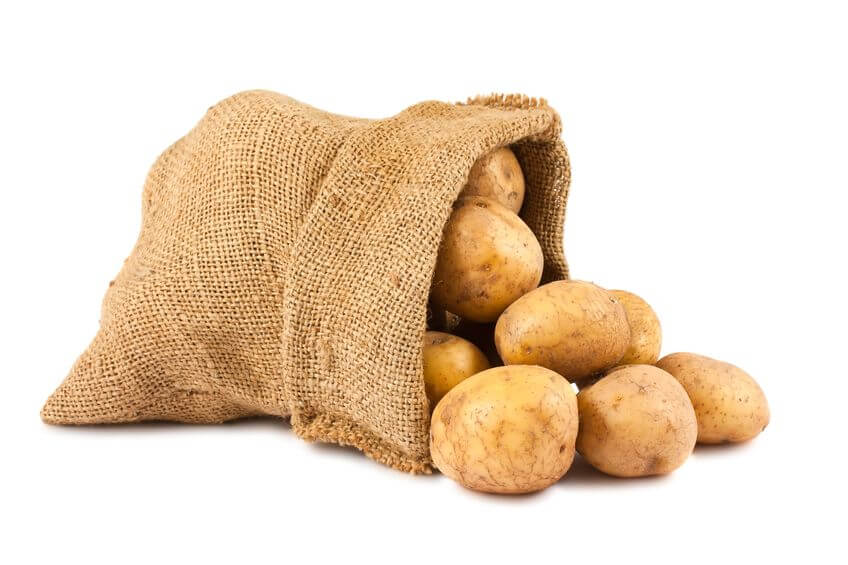
Now, not every kind of potato is actually a nightshade. For instance, sweet potatoes and yams are not on the nightshade vegetables list. But for all the others in the potato family, it’s hard to believe they could be dangerous. Potatoes are such a staple of the Western diet.
However, the two glycoalkaloids made in potatoes are alpha-solanine and alpha-chaconine. And of all the glycoalkaloids found in nightshade foods, these are the worst. They happen to be the most toxic.11
In fact, in the most severe cases, consumption of these toxic glycoalkaloids has resulted in serious heart health and mood issues.
There are also reports of people getting glycoalkaloid poisoning from potatoes and experiencing the following symptoms:
- Gastrointestinal discomfort
- Vomiting
- Diarrhea12
In one case, nearly 80 school-aged boys became sick after eating potato lunches. Seventeen of those boys were admitted to the hospital.13 Now, if you’re relatively healthy and your digestive tract is intact, most of these glycoalkaloids won’t be able to find their way into your bloodstream. But, if you consume a larger amount of potatoes, or if you suffer from intestinal permeability, the level of potato glycoalkaloids can build up in your system.
If you must consume potatoes, stay away from potato skins. The skins house the highest content of glycoalkaloids.
And if your potatoes are sprouting or contain odd green spots, you’ll want to get rid of them immediately. Furthermore, peeling your potatoes before you cook them can help reduce the number of glycoalkaloids you might consume. But if the potato tastes bitter, or if it causes a kind of burning sensation in your mouth, spit it out immediately.14
4. The Pepper
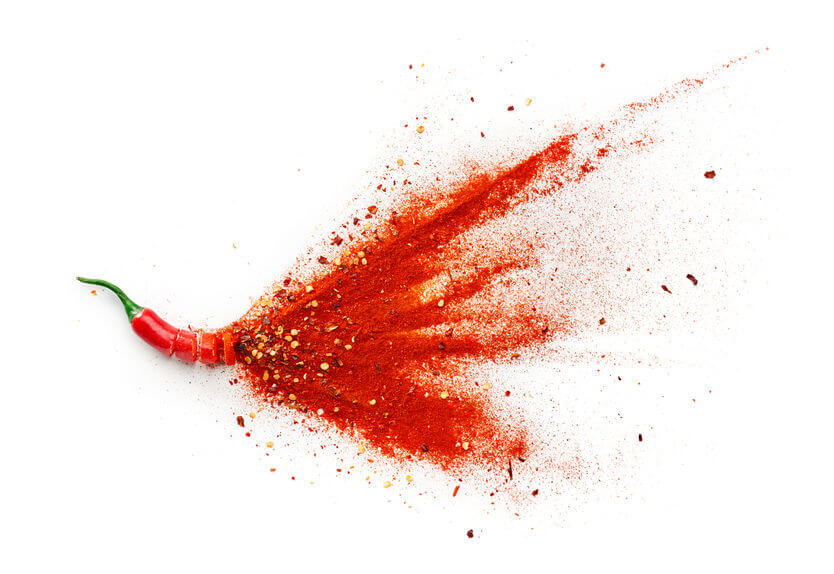
When it comes to the pepper, there are fewer glycoalkaloids that are found in the fruits’ fellow nightshades. However, capsaicin, the compound responsible for the fruit’s hotness, can present some troubling symptoms. For example, some research indicates capsaicin could have a role in causing severe health concerns. Epidemiological studies have suggested that capsaicin could be linked to an increased risk of gallbladder or stomach issues.15,16
5. The Tobacco Leaf
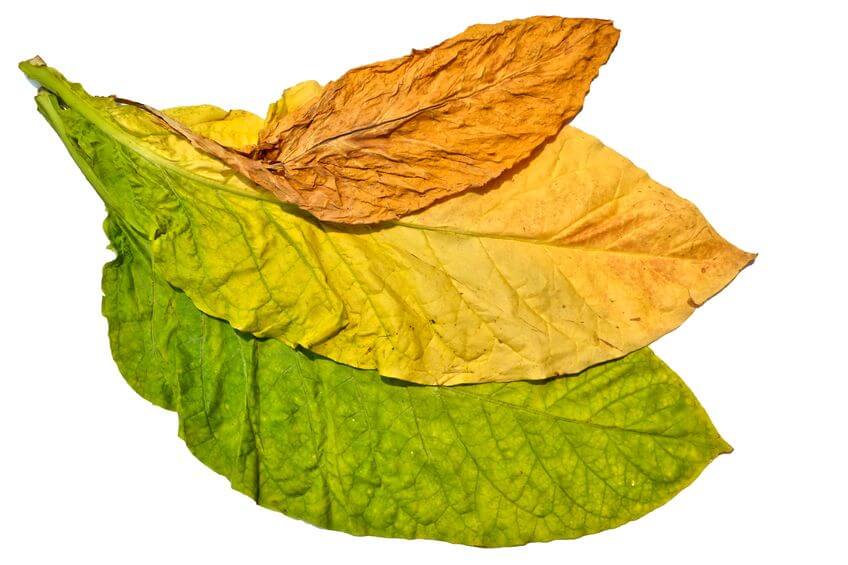
In 1492, when Christopher Columbus “sailed the ocean blue,” he noticed some of the indigenous people in Mexico and Cuba smoking a strange substance. Turned out, they were smoking tobacco.
Back then, in the mid-sixteenth century, several tobacco species were introduced into Europe from the New World.
From then on, tobacco took over many parts of the world as a powerful drug ingested by way of cigarettes, cigars, and even pipes.17 Of course, you know the ingestion of smoke from tobacco products can cause major diseases and even result in death — the negative effects of tobacco are vast. While cigarette smoking causes chronic conditions that appear at older ages, it can be the culprit of immediate negative health effects too.
The effects of tobacco ingestion can include:
- Escalated oxidative stress and increased visual signs of aging
- Reduction of antioxidants and micronutrients in the body
- Redness, puffiness, and joint discomfort
- Potential weakened immune system status
- Changes in your lipid levels
- Respiratory issues such as coughing, phlegm, and wheezing
- Addiction
- Gum health issues
- Difficulty breathing
- Degeneration in the eyes
- Issues with the ability to conceive children18
More About Nicotine in Nightshades
Furthermore, tobacco isn’t the only nightshade that contains nicotine. In fact, several unripe nightshade vegetables contain some nicotine. Of course, the nicotine content is greater in the leaves of the tobacco plant. Many researchers view nicotine as another version of lectins.
In other words, nicotine can act as a plant’s natural defense or pesticide, though scientists aren’t entirely sure just how the drug prevents predators from coming after the plant itself. And, would you believe, the nicotine content in riper nightshades can range anywhere from 2 to 7 micrograms per kg of the food.
Now some researchers have discussed the possibility of nicotine being the reason some people become addicted to nightshade foods. Do you feel like you can’t give these foods up? It could be nicotine.
Brighten Your Day By Eliminating Nightshades Altogether
In the end, if you feel you might have some sort of autoimmune disease or that you’re suffering from a leaky gut, you should try cutting out the foods on the nightshade vegetables list. There are several great replacements for these foods, like avocado, Brussels sprouts, and Jerusalem artichokes.
Also, if you’re wondering if you or someone in your family could be allergic or sensitive to these foods, remove them from your diet and take note of how you feel after having removed them.
To review, the foods you want to stay away from are eggplants, tomatoes, tomatillos, potatoes, Goji berries, pimentos, ground cherries, bell peppers, chili peppers, paprika, cayenne, and the tobacco leaf.
You can read more about goji berries side effects to begin learning about these foods.
Do you think you can eliminate nightshades from your diet? If so, you could be doing a great service to your body by taking away constant discomfort. Give it a try. You’ll be glad you did.
Learn More:

